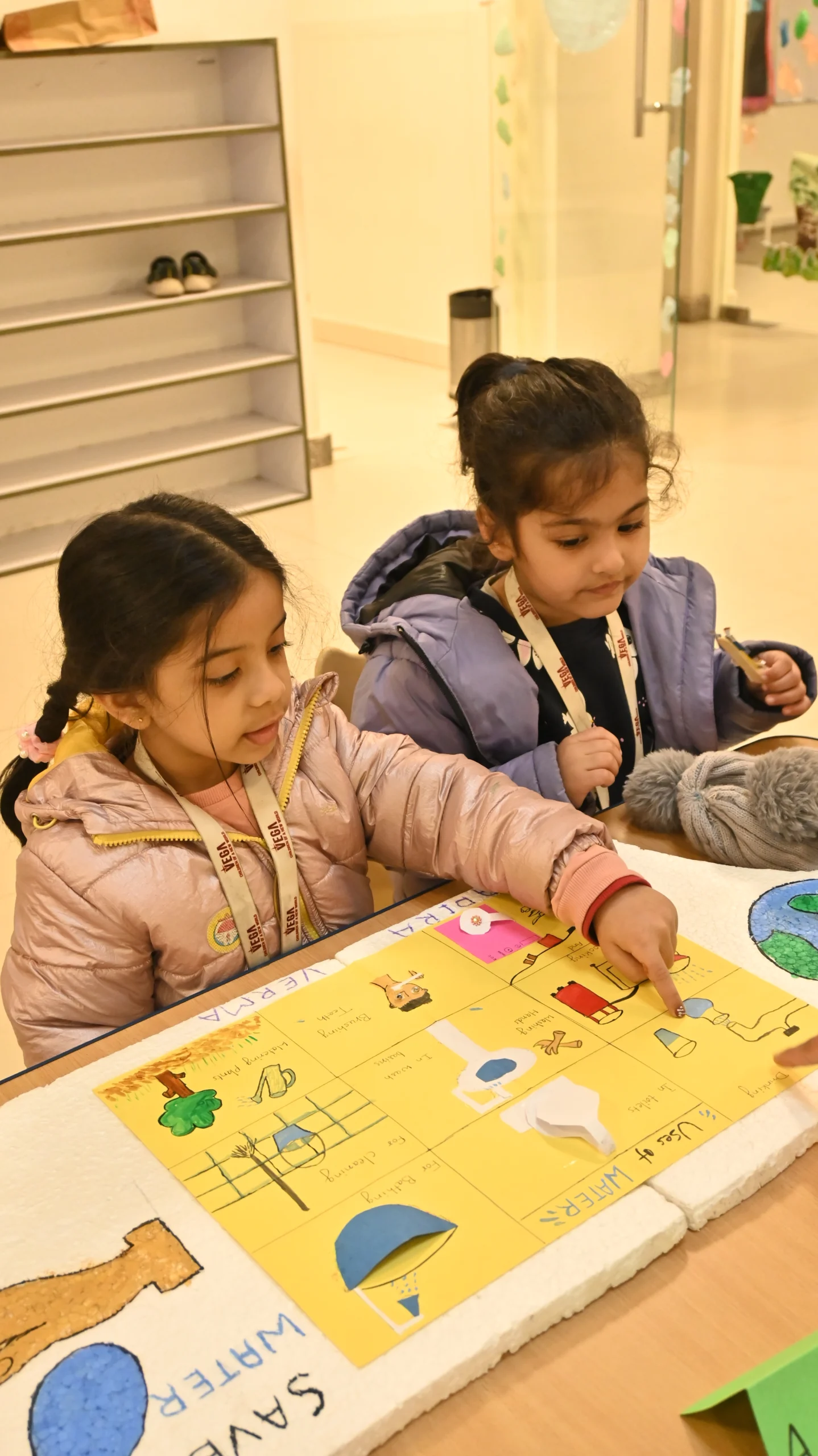Using water effectively to cut down on wasteful use is known as water conservation.
Given the changing global climate and expanding population, water conservation is a vital and pressing problem.
Although freshwater is vital for business, agriculture, and drinking, it only accounts for a small portion of the water supply on Earth. Even while water covers a large portion of the earth, only roughly 3% is freshwater, with over 97% being salty. Conservation is essential since, regrettably, only a small portion of that freshwater is available for human consumption.
The Significance of Conserving Water:
- Limited Resource: There is a limited supply of fresh water from lakes, rivers, and groundwater. The strain on these resources rises as demand rises and populations expand.
- Environmental Impact: Ecosystems that rely on a steady supply of water may be weakened as a result of excessive water withdrawal. For many species, wetlands, rivers, and lakes are essential habitats.
- Changes in Climate: Precipitation levels are impacted by shifting weather patterns, causing flooding in some areas and droughts in others. Adapting to these changes requires effective water management.
Global Initiatives: To enhance water management and increase awareness, governments, non-governmental organizations, and communities worldwide are also taking action. For example:
- Water-Efficient Farming: Methods like rainwater collection and drip irrigation are being used to cut down on water use in agriculture.
- Desalination Projects: Although desalination technology uses a lot of energy, certain areas are investing in it to turn saltwater into potable water.
- Public Awareness Campaigns: To raise awareness of the value of water conservation, several groups have launched campaigns.
Toilets, washing machines, showers, bathtubs, faucets, and leaks account for the bulk of home water usage, but there are several easy ways to conserve water.

You can start saving water in your home with these ten water-saving suggestions-
- Look for leaks and fix them. Household leaks waste an average of 10,000 gallons of water annually. Fixing leaking toilets and faucets is one of the best methods to reduce your water impact.
- One great option to save water and lessen your environmental impact is to use rain barrels to collect rainwater. It’s a quick and easy way to help with outside chores like filling bird baths, washing your car, and watering plants.
- For every laundry load, use the appropriate amount of water. Laundry typically accounts for 15–40% of indoor water usage in homes. Make sure your machine’s settings are adjusted to the appropriate load size to conserve water.
- Give plants the right amount of water. To ensure that the water lasts and is not instantly evaporated by the scorching sun, water your garden or lawn in the morning or late at night.
- One of the simplest and most efficient methods to lower water usage in your house without sacrificing functionality or performance is to install water-saving appliances. These gadgets may lower your utility costs, save water, and support environmental sustainability.
- Cut the water off when not in use. Instruct everyone in the family to shut off the faucet when shaving or brushing their teeth. Every little of water conservation makes a difference!
- Quickly Fix Leaks: Over time, even little leaks may waste a lot of water. Fixing them can have a significant impact.
- Be careful when choosing your washing machine. Generally speaking, front-loading washing machines use less water than top-loading ones.
- Utilize Remaining Water for Plants: You may water your plants with any leftover water from cooking or drinking, such as water used to rinse fruits or vegetables.
- Participate in regional or international water conservation initiatives to help spread the word about how important it is to save water.
In order to guarantee that future generations will have access to this valuable resource, water conservation is not just a personal obligation but also a vital worldwide endeavor. Every action matters since freshwater only makes up a small portion of the planet’s water supply and is under pressure from pollution, population expansion, and climate change. We can all help reduce waste, save energy, and safeguard our ecosystems by putting basic measures like utilizing
water-efficient appliances, collecting rainwater, repairing leaks, and developing mindful water consumption practices into practice.
Vega Schools offers holistic education to children in Delhi NCR and is rated among the top Schools in Gurgaon. Its modern infrastructure, facilities, and experienced teachers are a big asset to the learning & development of students, be it for Nursery, Primary or Senior children making Vega Schools the best schools in Gurgaon. For information about admission please visit the Vega Schools campuses in Sector 48 and Sector 76 Gurugram.
